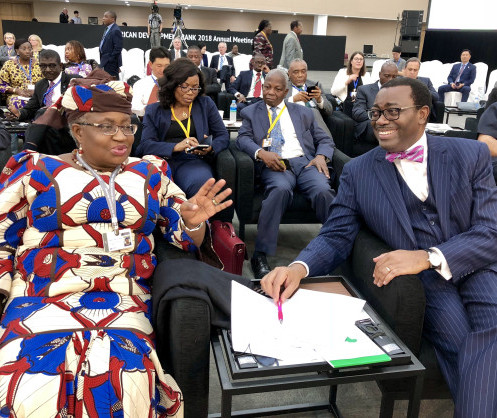In a resounding affirmation of the vital role non-state actors play in Africa’s development agenda, African Development Bank Group President Dr. Akinwumi Adesina has called for deeper collaboration between civil society and institutions to unlock the continent’s vast domestic capital for inclusive growth.
Speaking at a high-level dialogue on the sidelines of the African Development Bank Group’s 2025 Annual Meetings in Abidjan, Côte d’Ivoire, Adesina praised civil society as a strategic partner in driving sustainable development and restoring public trust in governance.
“I commend each of you—our invaluable civil society partners—for your relentless dedication and tireless work on the ground,” Adesina stated. “Your insights into the daily realities of our communities are not just heard but felt at the highest levels of the Bank.”
The hybrid event, titled “Harnessing Civil Society’s Role in Making Africa’s Capital Work Better for Inclusive Development,” drew a diverse mix of stakeholders, including civil society leaders, development partners, and government officials, both in person at Abidjan’s Sofitel Hôtel Ivoire and online.
A major focus of the event was Africa’s untapped capital—and the urgent need to curtail financial hemorrhaging through illicit flows and unjust debt servicing.
“The challenges of illicit financial flows and unsustainable debt are real, but so too is Africa’s immense potential,” Adesina said. “By working hand-in-hand, bridging the gap between policy and people, we can truly harness Africa’s capital for inclusive development.”
Catherine Mithia, Policy and Advocacy Lead on Sovereign Debt at the African Forum and Network on Debt and Development (AFRODAD), painted a stark picture of Africa’s financial landscape. She revealed how the continent bleeds an estimated $88.6 billion annually through illicit financial flows – a sum that dwarfs the $163 billion spent on debt servicing. This fiscal drain, she argued, not only fuels debt burdens but also forces policies that disproportionately harm the most vulnerable, deepening inequality.



